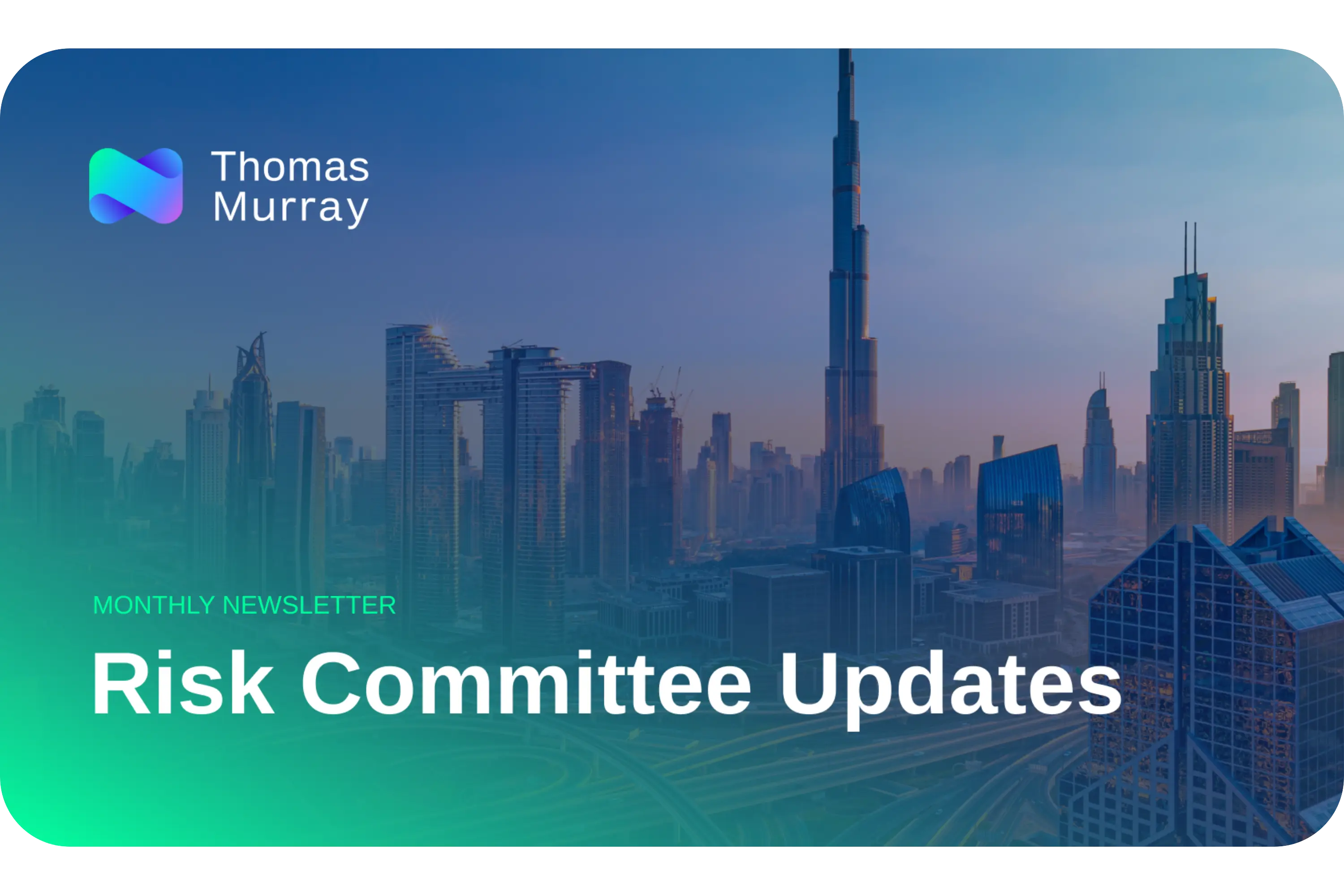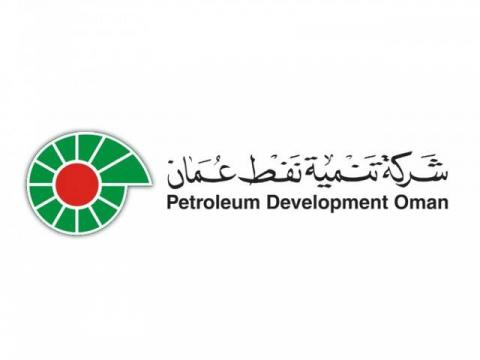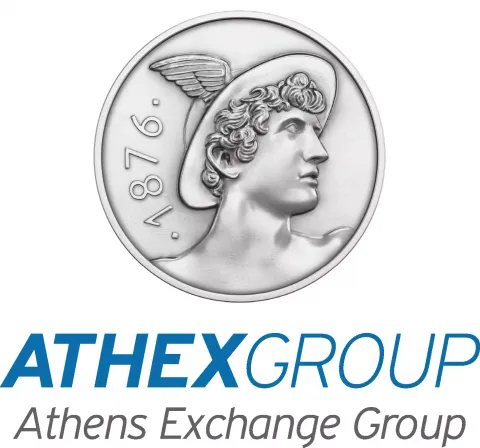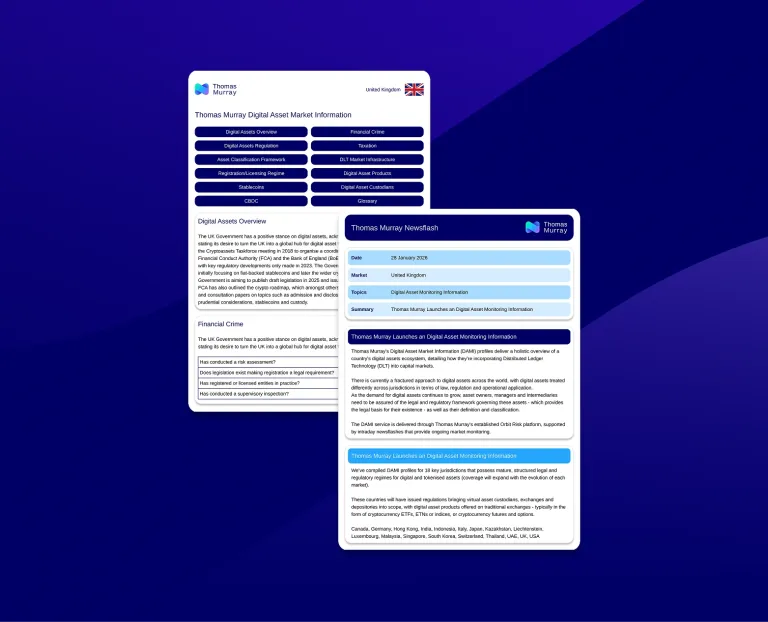Thomas Murray's Risk Committee met throughout June to review three key markets. There was a focus on notable developments and proposed alterations to risk assessments across multiple regions. This month, we present an overview of our findings and insights for Argentina, Israel, and Turkey.
For further regional insight, please contact Ana Giraldo, Chief Risk Officer and Director Americas who’ll be able to connect you with one of our experts.
Argentina
The Argentine market continues to face a challenging environment, with financial health and operational resilience remaining at the forefront of risk considerations. The Risk Committee observed that while some institutions have demonstrated improvements in profitability, capital adequacy, and liquidity coverage, these positive trends are tempered by persistent macroeconomic pressures.
Notably, upgrades were applied to both financial and operational risk assessments for select banks, reflecting enhancements in internal controls and risk management frameworks. However, the Committee maintained a conservative stance for other institutions, opting not to implement upgrades where broader systemic or operational risks limited confidence.
This approach underscores the Committee’s ongoing caution, as Argentina’s banking sector remains exposed to both domestic volatility and external shocks. The overall outlook is one of gradual improvement, but with significant vulnerabilities that necessitate continued close monitoring.
Israel
Risk developments in Israel were mixed, with a negative impact from the ongoing conflicts in Gaza and with Iran resulting in downgrades in financial and operational risk across banks and infrastructure. At the same time, upgrades in asset servicing and operational controls for certain banks point to tangible enhancements in specific operational practices. This divergence is reflective of a market with well established, efficient custodians having to adapt to increasingly strong geopolitical headwinds. The market has been operating on a BAU basis throughout the conflicts with no disruption to trading, clearing and settlement.
In March, TASE partnered with Oliver Wyman to evaluate the exchange and clearing house strategic business environment as background to a request for proposal to upgrade the core systems in TASECH (the Israeli cash market CCP and CSD). The other significant development is the change in trading days in the market to a Western standard Monday to Friday, however Friday hours, due to being the Israeli Sabbath, are still being discussed with some clearing possibly take place on Sunday. Final trading hours will be announced in September 2025, to go live 1 January 2026.
The Risk Committee will maintain a vigilant stance, monitoring how these trends develop and ensuring that risk assessments accurately reflect the dynamic operating environment.
Turkey
The Turkish market infrastructure has finished a market consultation on the move to T+1 in May 2025, and are yet to announce their approach, with the options being to align with the October 2027 transition of Europe or possibly to ‘wait and see’ what happens in Europe with a transition afterwards. Market opinion is generally that the current settlement cycle is working well and there is no rush to move to T+1.
Separately, the capital market authority has issued regulation on digital assets – specifically regarding the licensing of platforms providing digital assets – but this doesn’t cover specific products on those platforms. MKK (CSD) will act as the repository where all transactions in digital assets will be reported to the CSD.
The Turkish market remains under scrutiny, with operational risk also emerging as a key focus area. The Committee observed that improvements in system controls -particularly following the resolution of previous data breach issues - have resulted in upgrades to operational risk assessments for some institutions. These changes signal a strengthening of risk management practices and a commitment to addressing past deficiencies.
Despite these positive developments, the Risk Committee chose not to upgrade financial risk scores for certain banks, citing ongoing concerns around sovereign risk and the broader macroeconomic context. This decision reflects the complex interplay between individual bank performance and national-level uncertainties.
The outlook for Turkey remains cautious, with the Committee emphasizing the need for continued vigilance in light of persistent external risks and the evolving regulatory landscape.
This analysis draws on the sentiment and structure of previous Thomas Murray Risk Committee updates, providing a balanced view of both improvements and ongoing challenges across the three markets.


Risk Committee Updates
Stay informed with Thomas Murray for the latest on market dynamics and regulatory trends – subscribe to Risk Committee Updates on LinkedIn.
We safeguard clients and their communities

Petroleum Development Oman Pension Fund
“Thomas Murray has been a very valuable partner in the selection process of our new custodian for Petroleum Development Oman Pension Fund.”

ATHEX
"Thomas Murray now plays a key role in helping us to detect and remediate issues in our security posture, and to quantify ATHEX's security performance to our directors and customers."

Northern Trust
“Thomas Murray provides Northern Trust with a range of RFP products, services and technology, delivering an efficient and cost-effective solution that frees our network managers up to focus on higher Value activities.”
Insights

Why 72 hours is the New Standard for M&A Cyber Due Diligence
A decade ago, cyber due diligence sat somewhere between “nice to have” and “we’ll deal with it post-close.” That world no longer exists.

Thomas Murray Launches Digital Asset Market Information (DAMI)
Thomas Murray, a global leader in risk management, due diligence, and cybersecurity services, is proud to announce the launch of Digital Asset Market Information (DAMI).

Solving the "Scale Paradox": How to Automate Portfolio Oversight with Fewer People
In 2026, private equity technical teams are facing a "Scale Paradox": portfolios are growing in complexity, while in the internal teams responsible for operations and cybersecurity oversight, headcounts remain stagnant.

How Private Equity Hackers Choose Their Targets
Private equity firms sit at the intersection of high-value financial transactions, sensitive deal data, and an expanding portfolio of technology heavy portfolio companies – and it’s this combination that makes PE an attractive target for cyberthreat actors.

